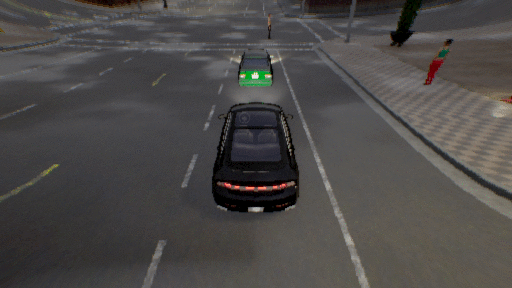Detecting Multi-Sensor Fusion Errors in Advanced Driver-Assistance Systems
Advanced Driver-Assistance Systems (ADAS) have been thriving and widely deployed in recent years. In general, these systems receive sensor data, compute driving decisions, and output control signals to the vehicles. To smooth out the uncertainties brought by sensor outputs, they usually leverage multi-sensor fusion (MSF) to fuse the sensor outputs and produce a more reliable understanding of the surroundings. However, MSF cannot completely eliminate the uncertainties since it lacks the knowledge about which sensor provides the most accurate data and how to optimally integrate the data provided by the sensors. As a result, critical consequences might happen unexpectedly. In this work, we observed that the popular MSF methods in an industry-grade ADAS can mislead the car control and result in serious safety hazards. We define the failures (e.g., car crashes) caused by the faulty MSF as fusion errors and develop a novel evolutionary-based domain-specific search framework, FusED, for the efficient detection of fusion errors. We further apply causality analysis to show that the found fusion errors are indeed caused by the MSF method. We evaluate our framework on two widely used MSF methods in two driving environments. Experimental results show that FusED identifies more than 150 fusion errors. Finally, we provide several suggestions to improve the MSF methods we study.
PDF Abstract



 CARLA
CARLA